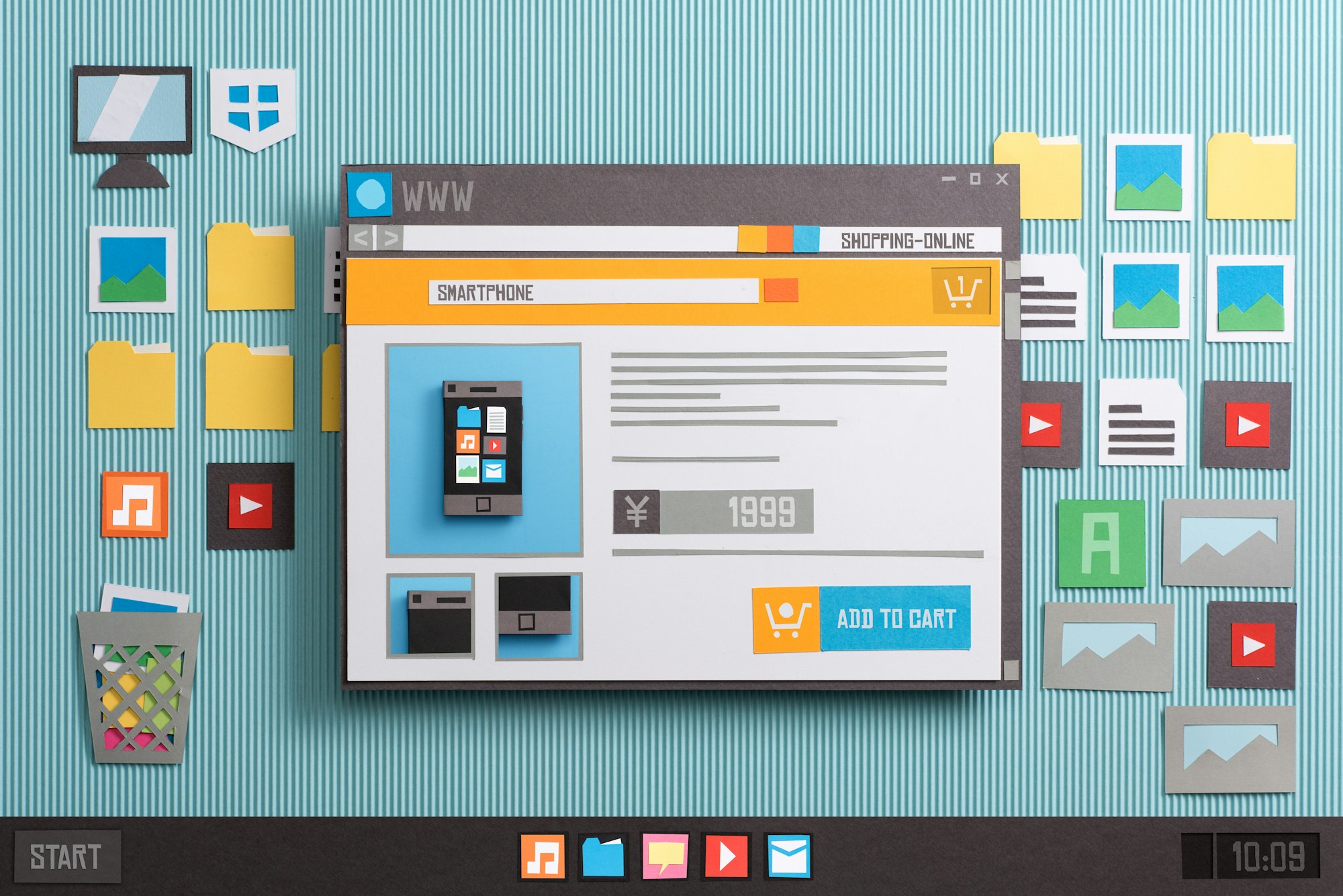Are you interested in buying a domain with special characters? Such domains are known as Internationalized Domain Names (IDNs), allowing businesses and individuals to register web addresses using characters from various scripts like Arabic, Japanese, Chinese, and Cyrillic. These domains enhance inclusivity and better serve audiences in their native languages.
What is an IDN?
An IDN incorporates characters beyond the standard ASCII set (a-z, 0-9, and “-“). This functionality allows domain names to use non-Latin scripts and diacritical marks. Examples include Japanese characters (ア, ニ, メ), German umlauts (ü), and Russian Cyrillic. Additionally, IDNs extend to top-level domains (TLDs), like Russia’s .рф or Bulgaria’s .бг.
IDN Compatibility Across TLDs
Different TLDs offer varying levels of character support. For instance:
- .se (Sweden) supports Swedish and minority language characters but excludes Cyrillic and Chinese.
- .de (Germany) and .fr (France) allow accented Latin characters.
- .com, .org, and .net have broad support for special characters, making them highly versatile.
Not sure if your preferred TLD supports specific characters? Use a domain search tool to check compatibility.
Benefits of Registering an IDN
Broader Audience Reach:
Using native characters in domain names can significantly improve visibility and accessibility for local users. A German bakery named “Müller’s Bäckerei” could register both müllersbäckerei.de and muellersbaeckerei.de, ensuring accessibility regardless of how users spell the domain.
Brand Identity:
Special characters reinforce brand identity, making domains more memorable. Japanese companies, for instance, can use native scripts for better recognition among local audiences.
Punycode: Understanding “xn--” Domains
When registering or viewing an IDN, you may encounter the prefix “xn--“, denoting Punycode encoding. This system converts Unicode characters to ASCII for compatibility. For example:
- müllersbäckerei.de becomes xn--mllersbckerei-jcb.de. Modern browsers usually display the Unicode version, but older systems might show the encoded Punycode version.
Security Considerations: Preventing IDN Homograph Attacks
While IDNs offer many advantages, they can also be exploited for deceptive practices, such as homograph attacks. These occur when similar-looking characters from different scripts mimic trusted domains. For instance, wikipediа.org (with a Cyrillic “а”) may appear identical to wikipedia.org.
Thankfully, modern browsers include safeguards, warning users about potentially misleading domains. To avoid issues, use IDNs ethically and always prioritize user trust.
How to Register an IDN
Registering an IDN is as simple as registering any other domain:
- Use a domain search tool to find available options.
- Ensure the TLD supports the desired special characters.
- Complete the registration process through a trusted registrar.
Remember, some TLDs have restrictions, so verifying compatibility beforehand is crucial.
By choosing an IDN, you can strengthen your brand, enhance local engagement, and expand your online presence globally. For more information and to get started.


